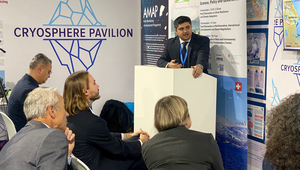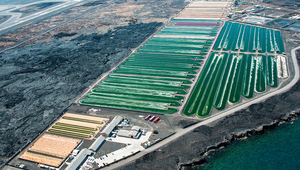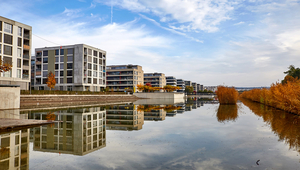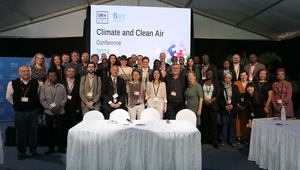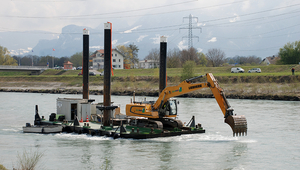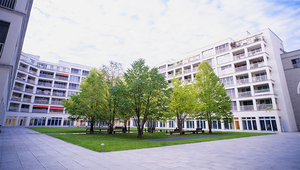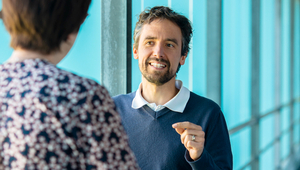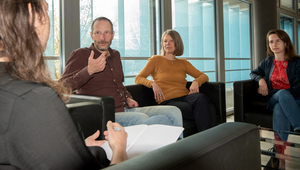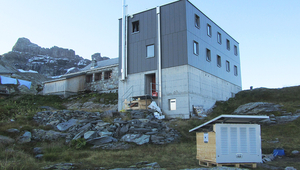News - Current Eawag contributions to the Sustainable Development Goals (SDGs)
November 15, 2024
October 31, 2024
September 3, 2024
February 29, 2024
November 9, 2023
September 14, 2023
August 22, 2023
December 13, 2022
November 21, 2022
June 14, 2022
June 2, 2022
January 20, 2022
November 19, 2021
November 2, 2021
October 14, 2021
August 5, 2021
July 8, 2021

